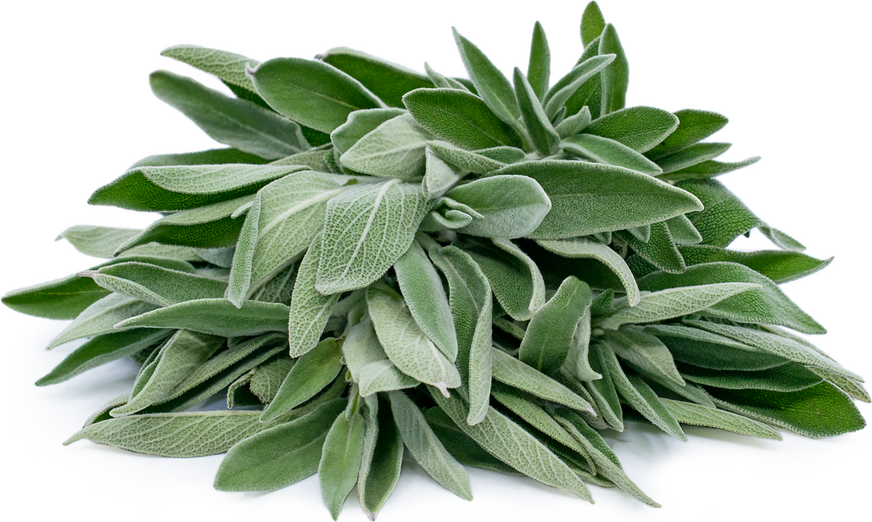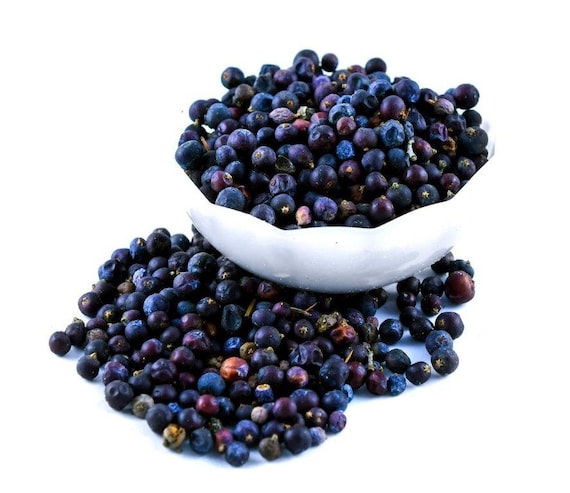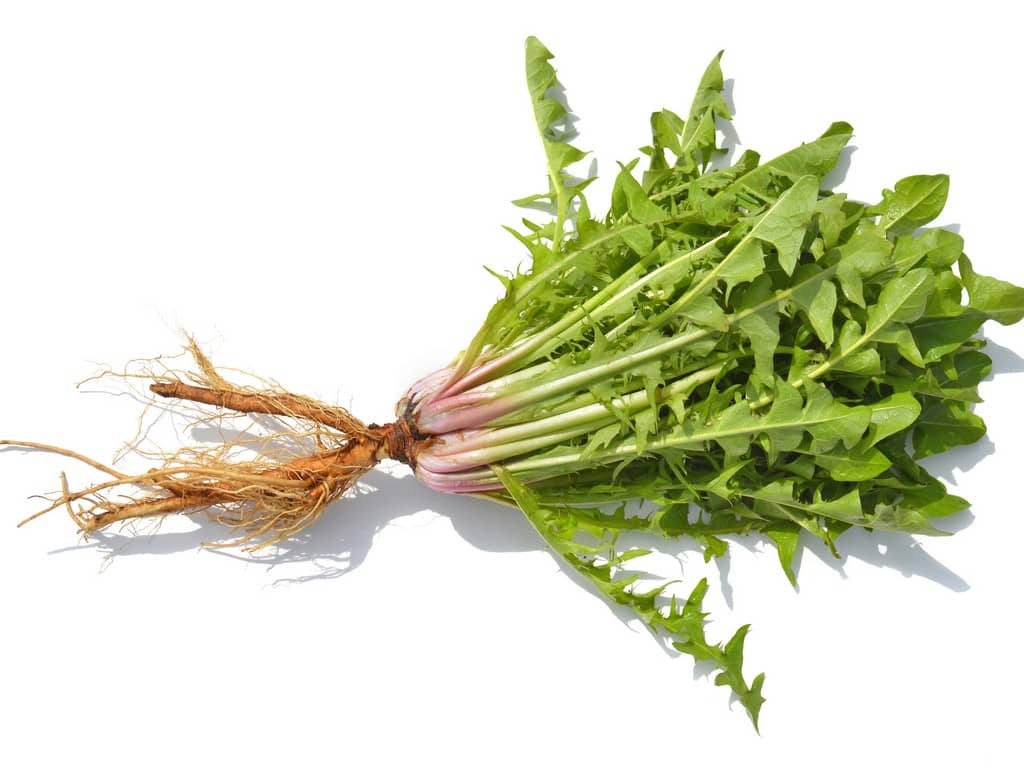Elevated levels of uric acid in the body can lead to excruciating gout symptoms, making everyday activities extremely challenging. While traditional treatments primarily rely on medication, integrating natural herbs and spices into your daily diet can offer substantial relief. For centuries, herbal remedies have been utilized to combat inflammation, enhance kidney function, and reduce uric acid levels. This comprehensive guide will delve into the top 10 herbs and spices renowned for alleviating gout symptoms and contributing to overall well-being.
Natural Ways to Reduce Uric Acid in the Body
Here are some natural ways to reduce uric acid in the body:
Dietary Changes:
– Increase fluid intake: Drink plenty of water, herbal tea, and low-sugar juices.
– Eat cherries: They are rich in anthocyanins, which can help reduce uric acid.
– Consume omega-3 fatty acids Found in fatty fish, flaxseeds, and walnuts.
– Include vitamin C-rich foods, Such as citrus fruits, berries, and leafy greens.
– Eat low-purine foods: Whole grains, vegetables, and low-fat dairy products.
Lifestyle Changes:
– Regular exercise can improve insulin sensitivity and reduce uric acid.
– Maintain a healthy weight: This can reduce pressure on the joints and lower uric acid.
– Manage stress: Practice meditation, yoga, or deep breathing.
– Get enough sleep: Aim for 7-8 hours per night to regulate uric acid.
– Limit alcohol consumption: Avoid beer and wine and opt for moderate spirits.
Supplements:
– Vitamin C: 1,000-2,000 mg per day
– Omega-3 fatty acids: 1,000-2,000 mg per day
– Turmeric/Curcumin: 500-2,000 mg per day
– Probiotics: 1-2 billion CFU per day
– Magnesium: 400-800 mg per day
Understanding Uric Acid and Its Importance
Uric acid emerges as a crucial waste product during the breakdown of purines, specific nutrients present in various foods, including organ meats like liver and kidney, and seafood such as anchovies and sardines, alongside sugary beverages, refined carbohydrates, and beer.
The Multifaceted Role of Uric Acid in the Body
The functionality of uric acid within the body is multifaceted. It is an antioxidant pivotal in cell protection because it neutralizes harmful free radicals. Moreover, it is integral to maintaining blood vessel health by regulating blood pressure and vessel function. In addition, uric acid bolsters the immune system by aiding in eradicating pathogens.
Hyperuricemia: Elevated Uric Acid and Their Consequences
When uric acid escalates, a condition known as hyperuricemia ensues, potentially leading to various health complications. Among these are gout, a condition marked by painful joint inflammation and urate crystal deposits, kidney stones, kidney disease, and an amplified risk of cardiovascular diseases, including heart disease and stroke.
Factors Influencing High Uric Acid
Multiple factors can elevate uric acid, including genetics, dietary choices (particularly consumption of high-purine foods, sugar, and refined carbohydrates), obesity, specific health conditions (like diabetes, hypertension, and kidney disease), certain medications (including diuretics and immunosuppressants), and lifestyle choices, including insufficient exercise and excessive alcohol intake.
Symptoms and Diagnosis of Elevated Uric Acid
Symptoms indicative of high uric acid encompass joint pain and swelling (typically associated with gout), pain from kidney stones, fatigue, swelling in the feet and ankles, and skin lesions in more severe instances. Elevated uric acid is diagnosed through blood tests measuring serum uric acid, urine tests assessing uric acid, and imaging tests like X-rays and ultrasound.
Treatment Options for High Uric Acid
Managing high uric acid may involve a combination of medication such as allopurinol and febuxostat, a low-purine diet, lifestyle alterations including weight loss and exercise, and alternative therapies like herbal supplements and acupuncture.
Turmeric (Curcuma longa)

With its active compound curcumin, turmeric has been used for centuries in traditional medicine to treat various health conditions. Its potent anti-inflammatory and antioxidant properties make it an effective remedy for reducing uric acid levels and alleviating gout symptoms.
Active Compound: Curcumin (polyphenol)
Benefits:
– Anti-inflammatory
– Antioxidant
– Reduces uric acid production
– Improves joint health
– Supports immune system
Recommended Dosage: 1-2 tsp/day (curcumin extract: 500-2000 mg/day)
Forms: Capsules, powder, tea, oil
Ginger (Zingiber officinale)

Ginger’s anti-inflammatory properties make it an excellent natural remedy for reducing pain and inflammation associated with gout. Additionally, ginger’s digestive benefits can help alleviate nausea and stomach discomfort caused by uric acid buildup.
Active Compound: Gingerol (sesquiterpene)
Benefits:
– Anti-inflammatory
– Antioxidant
– Improves digestion
– Reduces nausea
– Supports the immune system
Recommended Dosage: 1-2 tsp/day (gingerol extract: 250-1000 mg/day)
Forms: Capsules, powder, tea, oil
Cinnamon (Cinnamomum verum)

Cinnamon’s ability to lower uric acid levels is a valuable natural remedy for gout sufferers. Additionally, cinnamon’s insulin-sensitizing properties can help regulate blood sugar levels, reducing the risk of developing insulin resistance and related health conditions.
Active Compound: Cinnamaldehyde (aldehyde)
Benefits:
– Lowers uric acid
– Improves insulin sensitivity
– Antioxidant
– Anti-inflammatory
– Supports heart health
Recommended Dosage: 1/2 tsp/day (cinnamaldehyde extract: 250-500 mg/day)
Forms: Capsules, powder, tea, oil
Celery Seed (Apium graveolens)

Celery seed’s diuretic properties make it an effective natural remedy for reducing uric acid levels and alleviating gout symptoms. Additionally, celery seed’s antioxidant properties can help protect against oxidative stress and inflammation.
Active Compound: Apigenin (flavonoid)
Benefits:
– Diuretic properties
– Reduces uric acid
– Anti-inflammatory
– Antioxidant
– Supports kidney health
Recommended Dosage: 1-2 tsp/day (apigenin extract: 100-500 mg/day)
Forms: Capsules, powder, tea, oil
Celery seed’s diuretic properties make it an effective natural remedy for reducing uric acid levels and alleviating gout symptoms. Additionally, celery seed’s antioxidant properties can help protect against oxidative stress and inflammation.
Rosemary (Rosmarinus officinalis)

Rosemary’s antioxidant and anti-inflammatory properties make it an excellent natural remedy for reducing gout-related oxidative stress and inflammation. Additionally, Rosemary’s cognitive benefits can help improve mental clarity and focus.
Active Compound: Rosmarinic acid (polyphenol)
Benefits:
– Antioxidant
– Anti-inflammatory
– Improves cognitive function
– Supports the immune system
– Reduces uric acid
Recommended Dosage: 1-2 tsp/day (rosmarinic acid extract: 100-500 mg/day)
Forms: Capsules, powder, tea, oil
Sage (Salvia officinalis)

Sage’s antioxidant properties help protect against oxidative stress and inflammation associated with gout. Its cognitive benefits also improve mental clarity and focus.
Active Compound: Saponins
Benefits:
– Antioxidant
– Anti-inflammatory
– Improves cognitive function
– Supports immune system
– Reduces uric
Recommended Dosage: 1-2 tsp/day (saponin extract: 100-500 mg/day)
Forms: Capsules, powder, tea, oil
Thyme (Thymus vulgaris)

Thyme’s antimicrobial properties help combat infections and reduce inflammation associated with gout.
Active Compound: Thymol
Benefits:
– Antimicrobial
– Anti-inflammatory
– Expectorant
– Supports immune system
– Reduces uric acid
Recommended Dosage: 1-2 tsp/day (thymol extract: 100-500 mg/day)
Forms: Capsules, powder, tea, oil
Juniper Berries (Juniperus communis)

Juniper berries’ diuretic properties help reduce uric acid levels and alleviate gout symptoms.
Active Compound: Juniperin
Benefits:
– Diuretic properties
– Reduces uric acid levels
– Anti-inflammatory
– Antioxidant
– Supports kidney health
Recommended Dosage: 1-2 tsp/day (juniperin extract: 100-500 mg/day)
Forms: Capsules, powder, tea, oil
Juniper berries’ diuretic properties help reduce uric acid levels and alleviate gout symptoms.
Dandelion Root (Taraxacum officinale)

Dandelion root’s diuretic properties help reduce uric acid levels and alleviate gout symptoms.
Active Compound: Taraxasterol
Benefits:
– Diuretic properties
– Reduces uric acid levels
– Anti-inflammatory
– Antioxidant
– Supports liver and kidney health
Recommended Dosage: 1-2 tsp/day (taraxasterol extract: 100-500 mg/day)
Forms: Capsules, powder, tea, oil
Dandelion root’s diuretic properties help reduce uric acid levels and alleviate gout symptoms.
Meadowsweet (Filipendula ulmaria)

Meadowsweet’s anti-inflammatory properties help reduce pain and inflammation associated with gout.
Active Compound: Salicylic acid
Benefits:
– Anti-inflammatory
– Antioxidant
– Reduces uric acid levels
– Supports immune system
– Soothes digestive issues
Recommended Dosage: 1-2 tsp/day (salicylic acid extract: 100-500 mg/day)
Forms: Capsules, powder, tea, oil
Conclusion
Incorporating these 10 natural herbs and spices into your diet can revolutionize the management of high uric acid levels and gout symptoms. From turmeric’s remarkable anti-inflammatory properties to celery seed’s diuretic benefits, these herbal remedies present a holistic approach to lowering uric acid levels. It’s essential to seek advice from your healthcare provider before significantly changing your diet or supplement regimen. Combining these natural remedies with a balanced lifestyle allows you to take the initial steps toward a life free from gout pain. Embrace the power of nature to alleviate gout symptoms and enhance your overall health and well-being.

